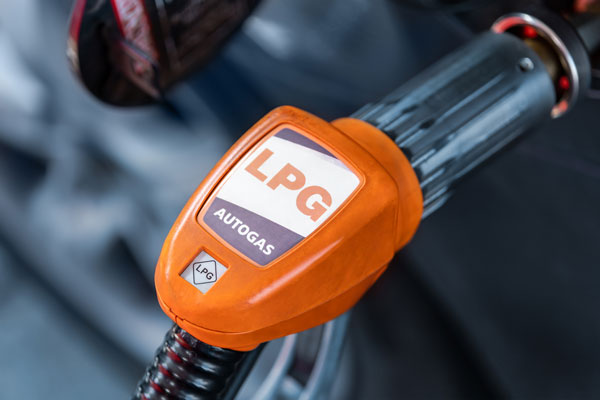Back to Latest News
Alternative Fuels
Welcome to part 3 of our vehicle fuel series!
First, we covered the grades of petrol that are available in Australia and which bowser you should be getting your fuel from.
Next, we looked at diesel fuel. While all diesel in Australia is the same grade, the in-depth answer is a little more complicated than that.
There are multiple other types of fuel available for various applications. You might have heard of some of these and wondered what applications they’re for, what the benefits are and if you’re missing out on something.
Hydrogen
Unlike BEVs (battery electric vehicles) that must be charged to the grid, or a public charging station, a hydrogen fuel cell vehicle generates its electricity on the fly with an onboard supply of hydrogen gas.
Hydrogen fuel cell vehicles are a type of zero-emission vehicle that uses compressed hydrogen gas as well as oxygen from the atmosphere to create electricity through an electrochemical reaction.
The vehicle then uses this electricity to drive a conventional electric motor and to charge up a small battery pack to assist with voltage regulation.
After the hydrogen and oxygen are passed through the fuel cell stack, the only byproduct is plain old water which comes out of a very traditional exhaust-like system.
Using hydrogen and oxygen to generate electricity bypasses a common concern with electric vehicles, in that they often take extended periods of time to recharge.
Currently, hydrogen refuelling stations are in very limited locations, which puts a bit of a damper on our enthusiasm for this tech. Toyota currently has the Mirai as the only production hydrogen fuel cell vehicle available in Australia.
LPG
In Australia, it’s relatively easy to find vehicles that are equipped to run on LPG, particularly ex-taxi Falcons. LPG is a mix that consists primarily of propane and butane.
Just like Hydrogen vehicles, LPG is stored in a pressurised tank mounted in or under the vehicle somewhere, but unlike the hydrogen cars we just mentioned, LPG is burnt inside a traditional internal combustion engine.

Converting a vehicle to LPG has several advantages, with LPG being much cheaper than petrol or diesel, the cost of keeping cars fuelled was an attractive feature for many fleet owners.
Most internal combustion-powered vehicles can be converted to run on LPG, with some models being more suitable for conversion than others, with some vehicles seeing a power increase, and others seeing a decrease in power levels.
A variety of LPG called Propane Autogas is very similar to LPG, except that the percentage of propane in the gas mixture is higher.
Since Ford and Holden stopped producing factory-equipped fleet models that ran on LPG, demand has tapered off, with LPG being stocked at fewer stations.
Now that LPG is not as popular, the cost of keeping an LPG-powered vehicle fuelled up is roughly the same as petrol or diesel.
Methanol
Methanol isn’t a common fuel for street vehicles at this stage, however, it’s somewhat well-known as a great fuel for highly modified vehicles and for racing.
Methanol, similarly to ethanol, is available in a liquid form, has a very high octane rating and allows engines to have advanced timing and higher compression, allowing an engine to make much more power than through using standard blends of petrol.
On top of these benefits, methanol fuels provide an evaporative, cooling effect, increasing charge density, further enabling higher performance levels, particularly in turbocharged and supercharged applications.
If this sounds great, just keep in mind that methanol fuels have less energy per volume compared to petrol. Methanol is also corrosive and so requires carefully engineered and upgraded fuel systems.
Ethanol
Ethanol is not used as a standard fuel by itself, instead, it is sold in a blend with various quantities of petrol.
Ethanol is a renewable fuel made with plant materials, with the most common being corn and sugarcane. We covered ethanol fuels in detail in our petrol article.
Biodiesel
Where standard diesel is a petroleum product, biodiesel is made from renewables such as vegetable oil, animal fats and recycled cooking oils. You can read more about biodiesel in our diesel fuel guide.
Your local Automotive Experts
Donnellans The Tyremen are your local specialists in all things automotive. With 4 convenient locations across the greater south-east Melbourne region, we are your preferred choice when it comes to tyres, wheels, mechanical servicing and repairs.






